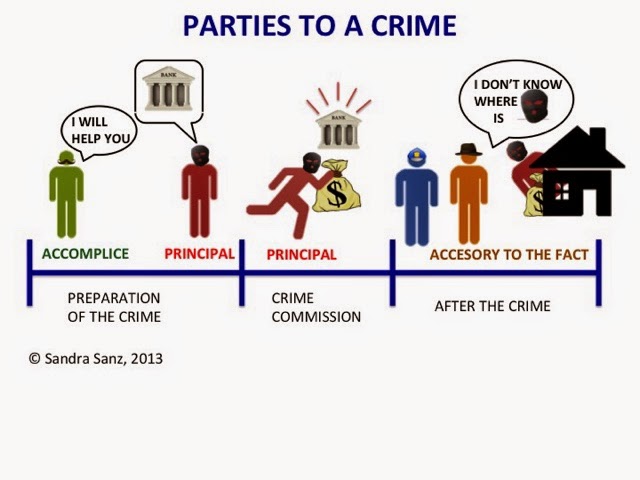Could I Deprive My Child to Inherit Any of My Property?
A letter was sent to me via email. To give an advice to her and as well as to provide information to all all the readers, I publish this post. Of course, I would be maintaining the confidentiality of the sender.
Dear Sir:
Among my five children, there is one that I could consider him as a black sheep. Could I deprive him any of my property? Please enlighten me with this.
Yours,
Mrs. M
Before answering the query of Mrs. M, please be informed of some of the terminologies provided in the Civil Code of the Philippines which are necessary in this case.
First to be defined is a LEGITIME.
Article 886 of the above-mentioned Civil Code defines what legitime is. Accordingly, a legitime is that part of the testator’s property which he cannot dispose of because the law has reserved it for certain heirs who are, therefore, called compulsory heirs.
A testator is a person who makes a will.
Who are the compulsory heirs?
Article 887 of the Civil Code enumerates who are the compulsory heirs. These are:
1. Legitimate children and descendants, with respect to their legitimate parents and ascendants;
2. In default of the foregoing, legitimate parents and ascendants, with respect to their legitimate children and descendants;
3. The widow or widower;
4. Acknowledged natural children, and natural children by legal fiction;
5. Other illegitimate children referred to in Article 287 of the Civil Code;
If a testator would like to deprive any of his compulsory heirs his/her legitime, it is called DISINHERITANCE.
A disinheritance can be effected only through a will wherein the legal cause therefor shall be specified (Article 916, Civil Code of the Philippines).
In short, a disinheritance shall be expressed in the will of the testator, otherwise, any form of disinheritance like broadcasting on television is ineffectual.
What are the sufficient causes for the disinheritance of children and descendants, legitimate as well as illegitimate?
Article 919 of the Civl Code of the Philippines has the answer. These are:
1. When a child or descendant has been found guilty of an attempt against the life of the testator, his or her spouse, descendants, or ascendants;
2. When a child or descendant has accused the testator of a crime for which the law prescribes imprisonment for six years or more, if the accusation has been found groundless;
3. When a child or descendant has been convicted of adultery or concubinage with the spouse of the testator;
4. When a child or descendant by fraud, violence, intimidation, or undue influence causes the testator to make a will or to change one already made;
5. A refusal without justifiable cause to support the parent or ascendant who disinherits such child or descendant;
6. Maltreatment of the testator by word or deed, by the child or descendant;
7. When a child or descendant leads a dishonorable or disgraceful life;
8. Conviction of a crime which carries with it the penalty of civil interdiction.
Based on the foregoing provisions of the Civil Code of the Philippines, Mrs. M can validly disinherit one of her children if said child shows any of the sufficient causes for disinheritance provided above.
Said disinheritance must be in a form of a WILL. Otherwise, it is invalid.
Note: Images used herein are taken from Google.





Comments
Post a Comment